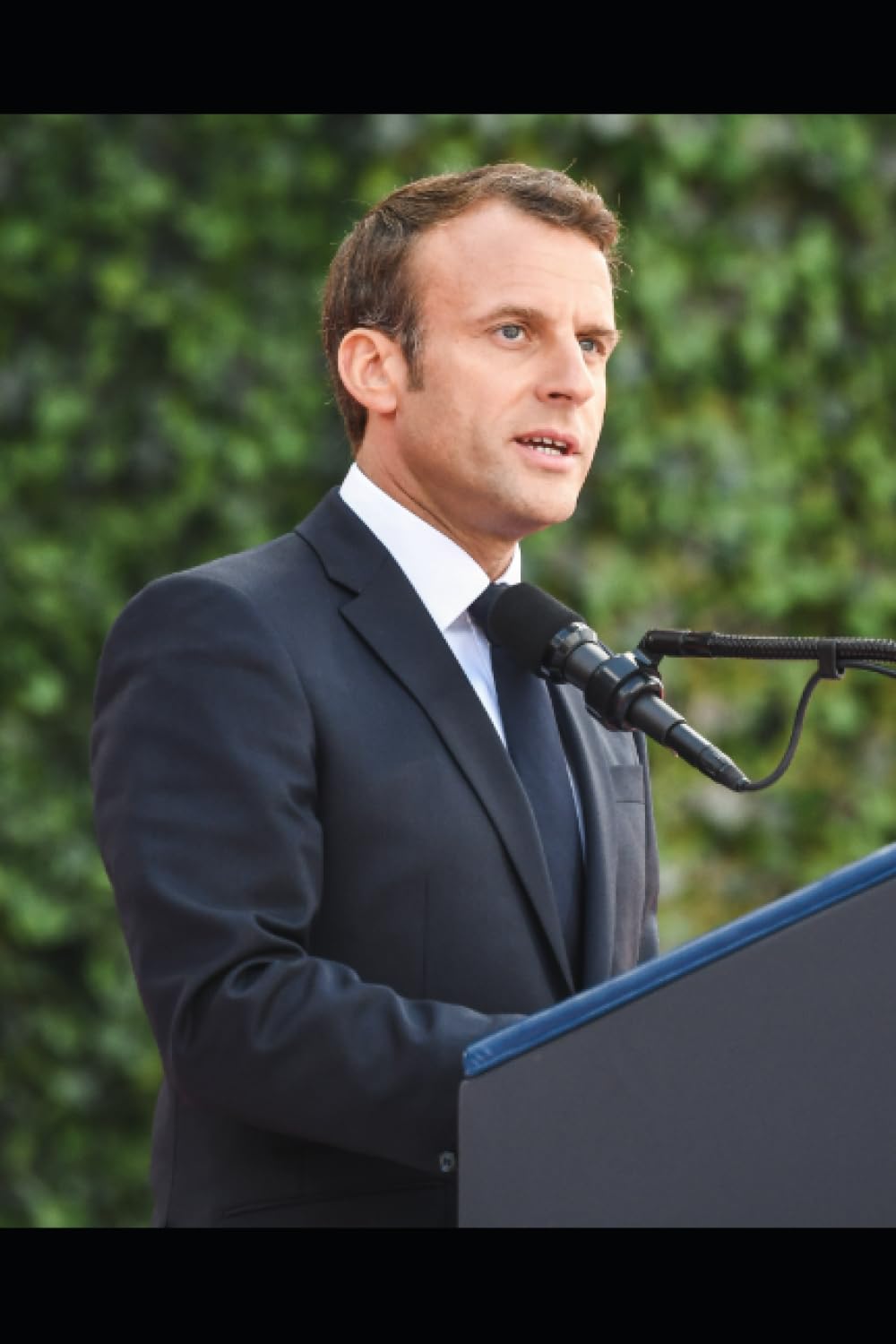Limited Public Input In French Defense Decision-Making

Table of Contents
Historical Context: A Legacy of Secrecy Surrounding French Defense
The limited public involvement in French defense decisions is rooted in historical factors. France has a long tradition of strong executive power, concentrating significant authority in the hands of the President and the Ministry of Defence. This concentration of power, often justified by the need for swift and decisive action in matters of national security, has historically limited opportunities for public debate and scrutiny.
- The tradition of strong executive power in French governance: The Fifth Republic, established in 1958, further centralized power, reinforcing the executive branch's dominance in defense matters.
- The historical sensitivity surrounding national security issues: Concerns about revealing sensitive information to potential adversaries have often been used to justify secrecy and limit public access to information.
- The influence of military elites in shaping defense policy: Historically, military professionals have played a significant role in shaping defense strategy, often operating with a degree of autonomy from civilian oversight.
Institutional Barriers: Limited Transparency and Accountability Mechanisms
Several institutional structures contribute to the limited public input in French defense policy. These barriers hinder meaningful public participation and reinforce a culture of secrecy.
- The lack of robust parliamentary oversight of defense spending and strategy: While the French Parliament plays a role, its oversight capabilities regarding defense are often perceived as insufficient. Detailed information is frequently withheld under the guise of national security.
- Limited access to information regarding defense contracts and procurement processes: Opaque procurement processes limit public understanding of how defense funds are allocated and spent, raising concerns about potential corruption and waste.
- The restricted nature of public debates on defense policy: Discussions surrounding defense strategy are often confined to closed-door meetings and expert panels, excluding broader public participation.
- Relevant laws and regulations that limit public access to information: Laws designed to protect national security often restrict access to vital information, limiting public accountability. The balance between security and transparency needs careful re-evaluation.
The Role of the Media: Limited Scrutiny and Investigative Journalism
The French media plays a crucial role in holding the government accountable, but faces significant challenges in covering defense issues.
- Challenges faced by journalists in accessing classified information: Obtaining information on defense matters is often extremely difficult, hindering investigative journalism.
- The potential for self-censorship among media outlets: Concerns about national security or potential repercussions can lead to self-censorship, limiting critical reporting on defense policy.
- The impact of national security concerns on media reporting: The government's invocation of national security concerns often restricts media access to crucial information, hindering public understanding.
Consequences of Limited Public Input: Erosion of Trust and Democratic Deficit
The exclusion of the public from defense decision-making has significant consequences:
- Reduced public trust in government institutions: A lack of transparency fosters distrust and skepticism, undermining public confidence in the government's handling of defense issues.
- A potential increase in public skepticism regarding military interventions: Without public input and debate, military actions can appear arbitrary and lacking in democratic legitimacy.
- A democratic deficit, limiting public participation in crucial national security decisions: This lack of involvement erodes the democratic principles of participation and accountability.
- Increased potential for policy errors due to a lack of diverse perspectives: Excluding public opinion can lead to flawed policies that fail to consider a broad range of perspectives and potential consequences.
Potential Avenues for Improvement: Enhancing Public Participation and Transparency
Improving public engagement in French defense policy requires significant reforms:
- Strengthening parliamentary oversight mechanisms: Granting Parliament greater access to information and enhancing its investigative powers is essential.
- Increasing transparency in defense budgeting and procurement: Publishing detailed budgets and implementing more transparent procurement processes would foster public accountability.
- Facilitating public consultations and debates on key defense issues: Organizing public forums, town hall meetings, and online consultations would allow for broader public input.
- Promoting investigative journalism on defense matters: Protecting journalists and ensuring their access to information are crucial for holding the government accountable.
- Exploring the use of citizen assemblies or participatory budgeting processes: These innovative methods could offer new avenues for public participation in defense policy decisions.
Conclusion: Towards a More Transparent and Inclusive French Defense Policy
The issue of Limited Public Input in French Defense Decision-Making represents a significant democratic deficit. Strengthening public participation is not merely desirable; it is essential for building trust, ensuring accountability, and improving the effectiveness of French defense policy. A more transparent and inclusive approach is crucial for navigating the complex challenges of national security in the 21st century. Demand greater transparency from your elected officials and participate in public discussions surrounding French defense policy. Only through increased public engagement can we ensure a more accountable and democratic approach to national security.

Featured Posts
-
 Fleetwood Mac Tribute Concert Seventh Wonder Perth Mandurah Albany
May 05, 2025
Fleetwood Mac Tribute Concert Seventh Wonder Perth Mandurah Albany
May 05, 2025 -
 Corinthians Vence Guarani E Termina Com A Melhor Campanha No Campeonato Paulista
May 05, 2025
Corinthians Vence Guarani E Termina Com A Melhor Campanha No Campeonato Paulista
May 05, 2025 -
 Horner On Verstappens Paternity A Quip And A Look Ahead
May 05, 2025
Horner On Verstappens Paternity A Quip And A Look Ahead
May 05, 2025 -
 Horror Reboot Vs Stephen King A Box Office Showdown
May 05, 2025
Horror Reboot Vs Stephen King A Box Office Showdown
May 05, 2025 -
 Nyc Press Conference Canelos Path To Undisputed Middleweight Glory Begins
May 05, 2025
Nyc Press Conference Canelos Path To Undisputed Middleweight Glory Begins
May 05, 2025
Latest Posts
-
 Colonial Downs And Stone Partner For The Virginia Derby
May 05, 2025
Colonial Downs And Stone Partner For The Virginia Derby
May 05, 2025 -
 Stone Confirms Virginia Derby At Colonial Downs Dates And Details
May 05, 2025
Stone Confirms Virginia Derby At Colonial Downs Dates And Details
May 05, 2025 -
 Virginia Derby 2024 Stones Confirmation At Colonial Downs
May 05, 2025
Virginia Derby 2024 Stones Confirmation At Colonial Downs
May 05, 2025 -
 Colonial Downs To Host Virginia Derby Stones Official Announcement
May 05, 2025
Colonial Downs To Host Virginia Derby Stones Official Announcement
May 05, 2025 -
 Stone To Announce Virginia Derby Meet At Colonial Downs Full Details Revealed
May 05, 2025
Stone To Announce Virginia Derby Meet At Colonial Downs Full Details Revealed
May 05, 2025
